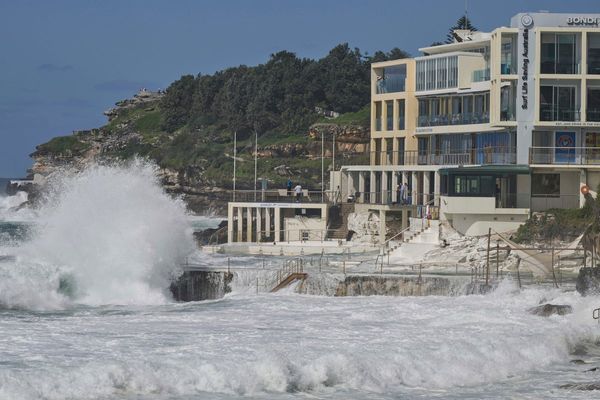
The recent strikes on Houthi targets in Yemen by the US and UK, with the support of several other countries, have raised concerns and sparked discussions worldwide. According to two US officials, at least 30 targets across 10 locations were struck, including command and control centers and an underground weapons storage facility. These actions were taken in response to ongoing Houthi attacks on international shipping lanes and US warships in the Red Sea.
The US destroyers USS Gravely and USS Carney, along with F/A-18 fighter jets from the USS Dwight D. Eisenhower aircraft carrier, were actively engaged in the strikes. Additionally, several other countries, including Australia, Bahrain, Canada, Denmark, the Netherlands, and New Zealand, have joined forces with the US and UK in sending a strong message to the Houthi leadership.
The goal of these strikes is to de-escalate tensions and restore stability in the Red Sea, as well as defend lives and maintain the free flow of commerce in one of the world's most critical waterways. The joint statement emphasizes that there will be consequences if the Houthi attacks continue.
It is important to note that these strikes in Yemen are separate from the recent attacks in Iraq and Syria, although both aim to target Iranian-backed groups in the Middle East. The Biden administration is taking a strategic and calculated approach, seeking to avoid a regional war with Iran while directly addressing the actions of its powerful proxies in the region. By targeting these proxies, the US is indirectly sending a message to the Iranian leadership.
US Defense Secretary Lloyd Austin explained that the strikes on Houthi targets in Yemen are intended to disrupt and degrade the capabilities of the Houthi militia. The US is determined to defend the free flow of commerce and protect lives in the face of continued threats.
Despite these actions, the Houthi rebels remain defiant. Mohammed Al Bukhaiti, a top member of the Houthi Political Council, stated that the bombings will not change their position. They affirm that their military operations against Israel will continue until the Israeli actions in Gaza are stopped and the siege is lifted.
It is worth mentioning that these recent strikes are not isolated incidents. The US and UK have previously carried out joint operations targeting Houthi sites, resulting in strikes on approximately 30 sites on January 11, followed by another eight sites less than two weeks later. The previous strikes focused on disrupting Houthi weapons storage facilities and radar sites to prevent attacks on international shipping lanes in the Red Sea and the Gulf of Aden.
Although the strikes are part of a larger strategy to address regional tensions, the Biden administration has made it clear that they do not want escalation and are committed to finding ways to diplomatically resolve the issues at hand. The timing and extent of future actions against Iranian-backed groups in Iraq and Syria have not been disclosed.
These recent developments highlight the complexities and challenges of maintaining stability in the region. It is crucial for all parties involved to find constructive solutions through diplomatic channels to prevent further escalation and foster peace in this volatile part of the world.







